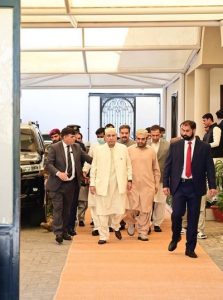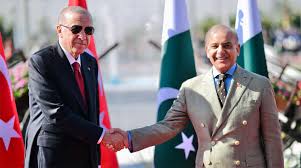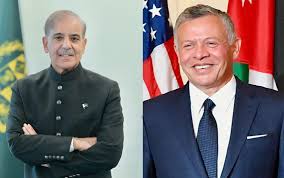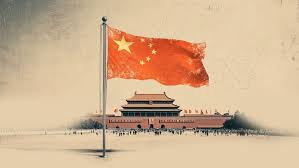Hyundai E&C signs engineering deal for two nuclear reactors in Bulgaria

Sofia: South Korea’s Hyundai Engineering & Construction Co. has signed a nuclear power plant design contract with Bulgaria’s state nuclear power plant builder.
Hyundai E&C said in a statement on Tuesday that it signed an engineering services contract (ESC) with Kozloduy NPP-New Builds Plc (KNPP NB) for two nuclear reactors to be built at the Kozloduy nuclear complex.
The total construction cost of the two nuclear reactors is about 20 trillion won ($14.5 billion), according to Hyundai.
Under the contract, the Korean builder will design two 2,200-megawatt reactors at the Kozloduy nuclear complex, located some 200 km north of the country’s capital, Sophia.
Hyundai E&C, a unit of Korea’s top automaker Hyundai Motor Group, formed a consortium with US firm Westinghouse Electric Co. to win the engineering project.
The contract was signed in Sophia on Monday, attended by Bulgarian Prime Minister Dimitar Glavchev, Bulgarian Energy Minister Vladimir Malinov, Hyundai E&C Chief Executive Yoon Young-joon, Westinghouse Energy Systems Vice President Elias Gedeon and KNPP NB Executive Director Petyo Ivanov.
Hyundai E&C was tapped as the preferred bidder for the project in February, beating competitors such as Bechtel Corp. and Fluor Corp.
Hyundai said it will begin the first-phase engineering work by year’s end and sign a formal engineering, procurement and construction (EPC) contract in the second half of 2025 to commercially start the two reactors in 2035.
“We are delighted to sign this contract, which recognizes our globally recognized EPC expertise,” said CEO Yoon.
The Kozloduy nuclear plant complex, responsible for one-third of Bulgaria’s electricity production, is the country’s first nuclear facility built in 1969.
Due to aging issues, Units 1 through 4 have been shut down, with only Units 5 and 6, which are Russian-developed pressurized water reactors, in operation.
Reactor Units 1 to 4 were shut down due to aging issues. Units 5 and 6, based on a Russian-developed pressurized water reactor model, are currently in operation.
Units 7 and 8, approved this time, will adopt Westinghouse’s AP1000 type – the most advanced Generation III plus nuclear reactor available today.
There will be 18 units based on AP1000 technology in operation globally by the end of the decade, according to Westinghouse.
A Hyundai E&C official said: “Following our work on the Barakah nuclear power plant in the UAE in 2009, Hyundai E&C will now take on another milestone project in global nuclear power history, further cementing our role in Korea’s 50 years of nuclear power development.”





